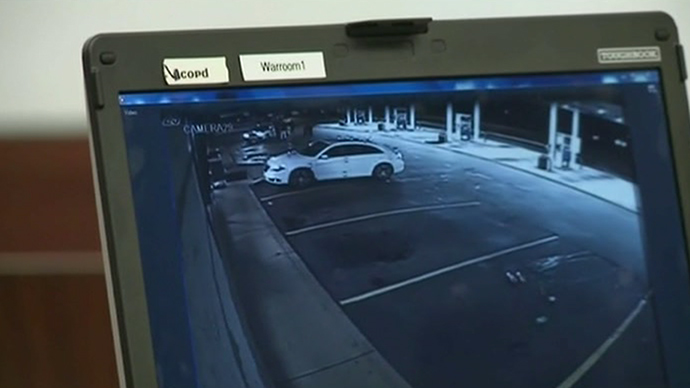‘Police violence – only tip of iceberg of racial oppression system’

Racial oppression is not only a typical feature of US police forces, but it is also conducted through the state courts and prisons, and is spread all over the country, Arun Gupta, journalist and analyst, told RT.
RT: The police say the victim of the incident in St. Louis was armed. Do you think that point will pacify the protesters or will racial aspects overpower that?
Arun Gupta: … On average one African-American is killed by a private or public security force every day in the US. But this is also the tip of the iceberg of the larger system of racial oppression that is conducted through the states, through the police, through the courts, through the prisons. And this is the context in which people now interpret these shootings.
RT: This is just the latest in a string of police killings of black men. How concerned are police by the growing hostility towards them?
AG: We’ve seen quite a severe backlash since the ‘execution killing’ of the two officers in Brooklyn on Saturday. I’ve been tracking police unions all across the country; it is not just a New York City thing. They are coming out with these very divisive statements tying to lay these are protesters, which is incredibly absurd that people who are protesting against police violence are somehow have something to do with these killings. They are asking for this violence to stop.
RT:There have been widespread calls for police to wear body cameras. If that happens will it somehow help the situation?
AG: The problem with Eric Garner is the whole thing was caught on film. You know the Rodney King incident in 1991 [where] the officers ended up being acquitted. Even though these brutal beatings were caught on camera that does not guarantee any sort of [protection…].
The statements, views and opinions expressed in this column are solely those of the author and do not necessarily represent those of RT.
The statements, views and opinions expressed in this column are solely those of the author and do not necessarily represent those of RT.












